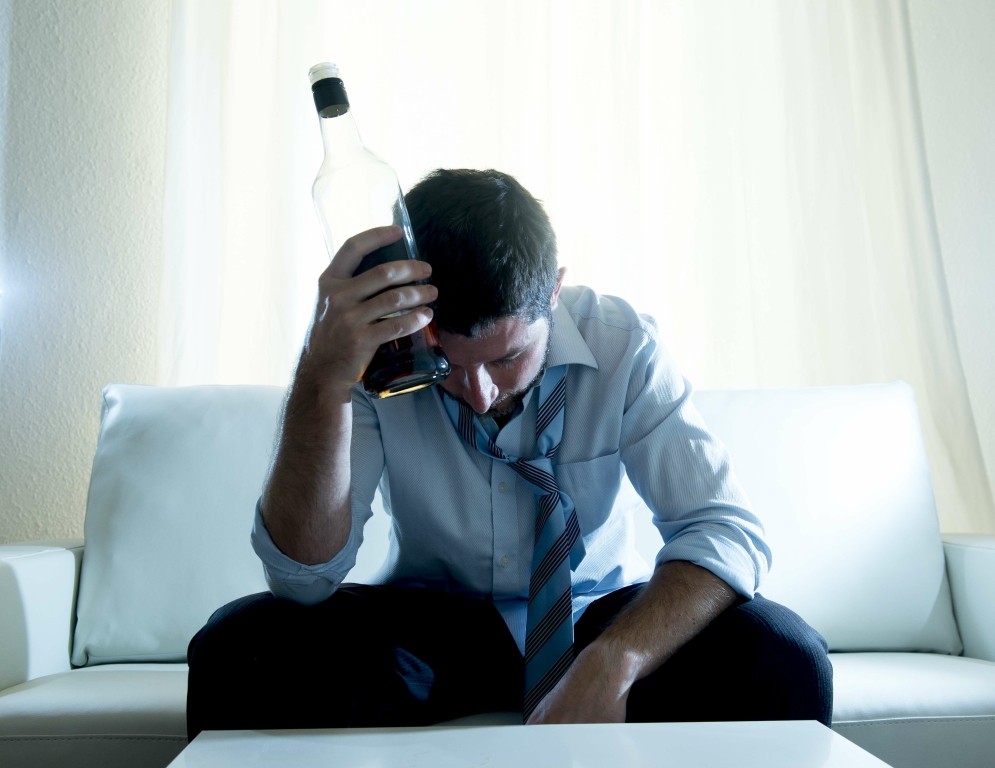This process can result in uncomfortable withdrawal symptoms. For this reason, it’s best to detox at a recovery center, or at least in an outpatient setting, so doctors can monitor your symptoms and intervene if necessary. If you are living with an addiction, it doesn’t mean you’re weak. Finding a medical treatment plan or recovery support community can help you heal. Despite the fact that prescription drug abuse has reached epidemic proportions in the past decade, the use of “legal” drugs to get high carries less stigma than the use of illicit drugs.
Treatment programs will work with you to help you pay for treatment, so don’t assume you can’t afford it. If you or someone you care about is struggling with an addiction to drugs or alcohol, help is available. At Anabranch Recovery Center in Terre Haute, IN, our team of caring professionals can help put you on the path to recovery. We offer a range of programs to meet your specific needs, including detox, residential treatment, and a family program.
Learn About Addiction Treatment Options In Massachusetts
I answered that this was a logical and true answer, since getting drugs on the street was always more deadly than taking drugs under medical supervision. But I added that this was not a sufficient explanation for drug deaths due to everything from stimulants to the whole array of depressant-analgesic drugs rising in lockstep. In my recent presentations, I have begun by warning audiences that I will undercut all of their fundamental beliefs about addiction — but that if that prospect seemed alarming, they shouldn’t worry. They wouldn’t change their thinking no matter what evidence I presented, even if the consequences of their not doing so took the form of continuing spiraling drug death rates.
- Besides the others in your program, many addiction programs rely on help and support from former patients who have turned their lives around and are now committed to giving back to their communities.
- People typically do choose whether or not to use drugs or alcohol but relatively few people who use drugs or alcohol become addicted.
- There is no time limit in the process of recovery, take it in strides.
- Creating safe spaces both online and offline lets individuals share their experiences without judgment or shame.
- It is not uncommon for people to need multiple treatment episodes to maintain long-term sobriety.
- Not only do these false facts hurt families and friends, they stand in the way of helping people get the help they need to get better.
Stigmas and shame often prevent people from seeking help or talking openly about addiction. Addiction is not a simple matter of personal choice, but rather a consequence of various interconnected factors. While individuals may initially choose to experiment with substances or engage in certain behaviors, the progression towards addiction is influenced by a multitude of complex factors. These factors include biological and genetic vulnerabilities, environmental influences, psychological factors, and social circumstances.
Individualized, evidence based treatment, to fit your needs.
Just because they grow from the earth, that doesn’t mean they’re not at all harmless. Yet these so-called harm reduction approaches have failed to stem the tide of drug deaths. Their failure is because they identify and address addiction as a brain disease to be treated medically. There is no sign that the failure of this perspective is causing or https://ecosoberhouse.com/ will cause any prevailing actors to change their thinking. You can select from various options, including access to group meetings, outpatient counseling services, sober living homes and programs to connect with other alumni for help and support. Connecting with support during and after treatment is essential to maintaining sobriety long-term.

It’s the first stage of addiction recovery, where a person usually does not consider the behavior as an issue. During this stage, a person’s addictive behavior is generally positive, maybe even pleasant, and hasn’t led to any negative consequences. This takes time and effort and sometimes results in setbacks.
Myth #2: I Don’t Need Treatment for Withdrawal Symptoms
Addiction being kept hidden leads to the spread of myths and misconceptions, hindering understanding of the disorder. Explore the importance of addressing stigmas online and in discussions, and the role of education in spreading accurate information about addiction. Let’s dismantle stigmas together and foster a more understanding and supportive society. Prescription drugs can be dangerous, so it’s important to be aware of their potential effects. Although they are prescribed by medical professionals, they can still lead to addiction. It’s a common misconception that prescription drugs are safer than illegal substances, but that isn’t the case.
Instead, the treatment team looks for flaws in the treatment plan and makes adjustments that will get the person back on track. It is not uncommon for people to need multiple treatment episodes to maintain long-term sobriety. A relapse is an opportunity to learn more about what someone needs to stay substance-free. Treating relapse as a learning myths about addiction and recovery opportunity instead of a failure makes it easier for people to admit they have gone off track and to return to recovery. And even for individuals, the definition changes as they seek to put off recovery. Research has shown that the earlier a person is able to get help, the easier it is for them to get into long-term recovery and maintain it.